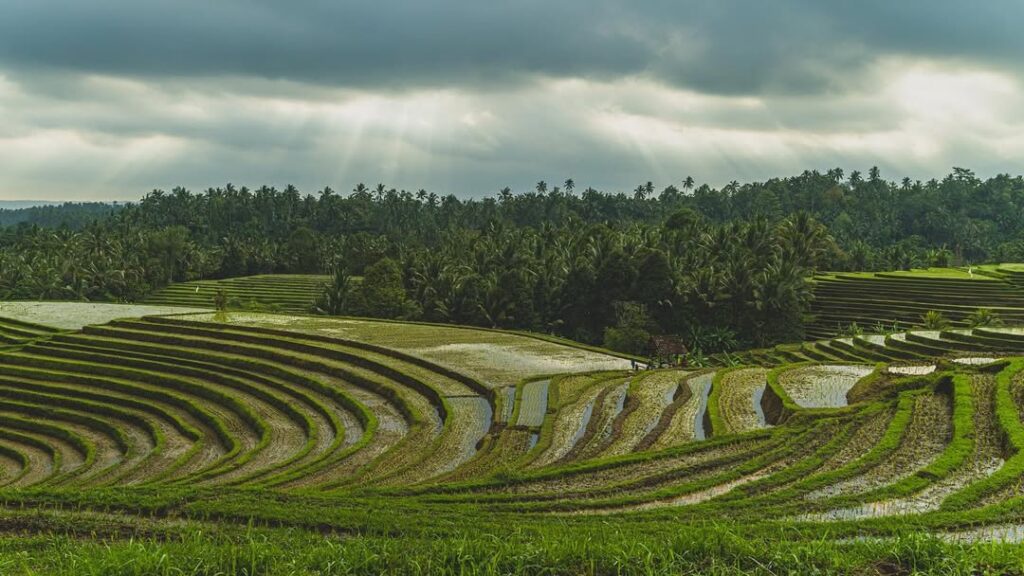Bali has always been seen as paradise — but paradise, if not protected, is fragile. The recent floods that swept across parts of the island have become a painful reminder: when development ignores nature, culture, and long-term planning, the cost is high.
A Wake-Up Call from Nature
In just a few hours of heavy rain, rivers overflowed, roads collapsed, homes were washed away, and families displaced. Experts traced the damage not just to the storm, but to years of unchecked development — forests cleared, rice fields filled, waterways blocked by concrete.
The island’s natural balance, once guided by Subak systems and sacred boundaries, has been disrupted by projects chasing profit without purpose.
When Growth Outpaces Governance
Bali’s challenge isn’t only the weather — it’s weak enforcement. Zoning laws are ignored, green zones built over, and drainage neglected.
Without stronger infrastructure and responsible design, even small storms can now trigger disasters. What’s missing is not opportunity, but accountability — a commitment to build with respect for land, law, and local wisdom.
Sustainability Is No Longer Optional
For investors, the message is clear: shortcuts come at a price. Projects that neglect sustainability now face not just moral questions, but financial risks — from damaged assets to community backlash and tighter regulations.
On the other hand, those who integrate eco-design, forest preservation, and cultural respect create lasting value — economic, environmental, and spiritual.

Nathaloka: A Model for Responsible Living
Nathaloka was born from this understanding. Built in harmony with its landscape, surrounded by protected forest and rice fields, it restores balance where others have stripped it away.
Rainwater harvesting, green infrastructure, and regenerative farming are not afterthoughts — they are the blueprint. Here, waterways flow freely, trees stand tall, and homes breathe with the land.
But Nathaloka is more than an eco-project — it is a cultural revival. By honoring the Subak system, temple boundaries, and local partnerships, it protects not just nature, but meaning. Residents become part of a living Balinese village, where ceremonies, cooperation, and stewardship shape daily life.
Hope, Rebuilt Thoughtfully
The floods showed what happens when development forgets where it stands. Nathaloka shows what’s possible when we remember.
It proves that profit and preservation can coexist, and that Bali’s beauty can still be safeguarded — if we choose wisely, invest consciously, and build with heart.
✨ In a time of rising waters, sustainability isn’t a trend — it’s survival. And Nathaloka is leading the way.
